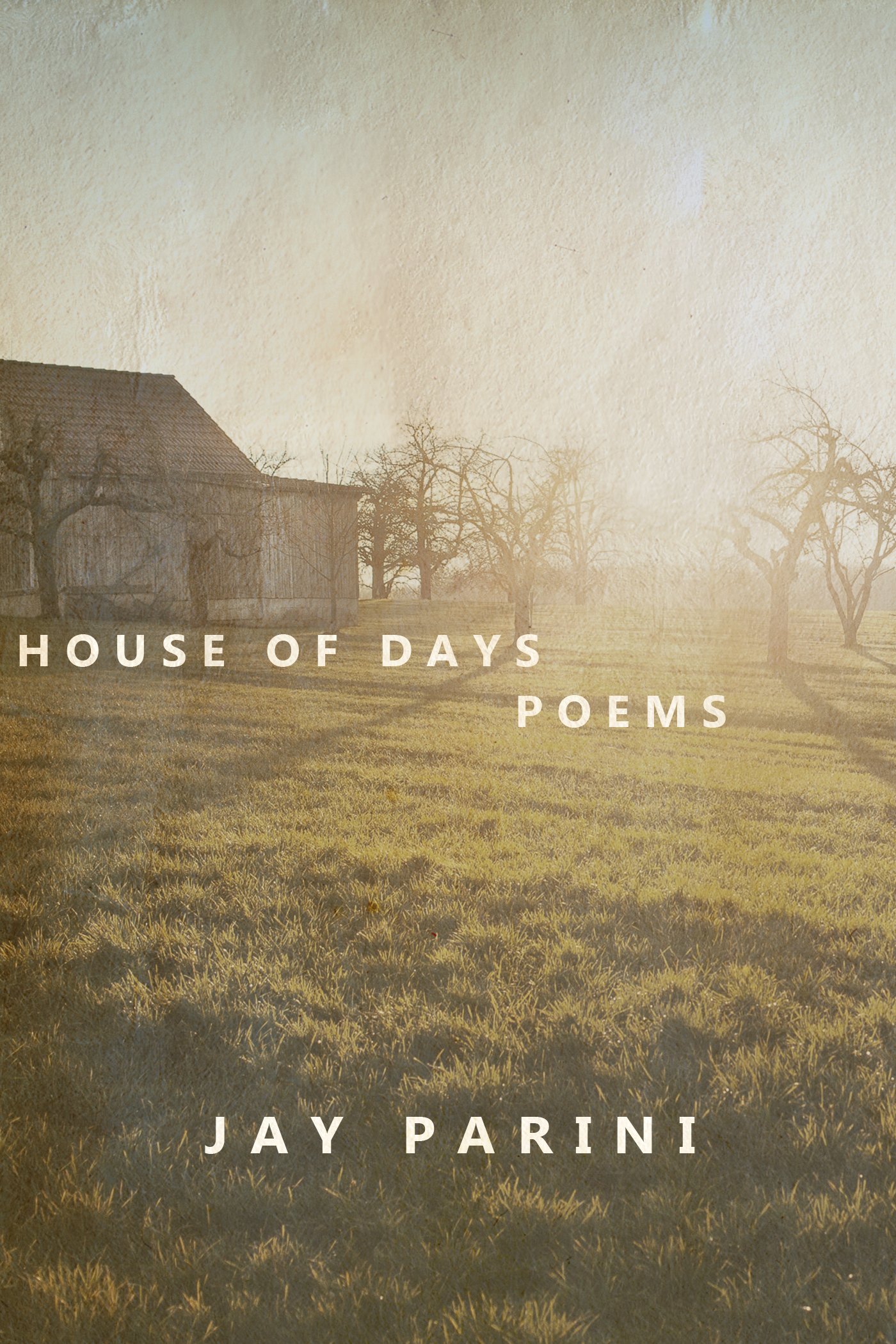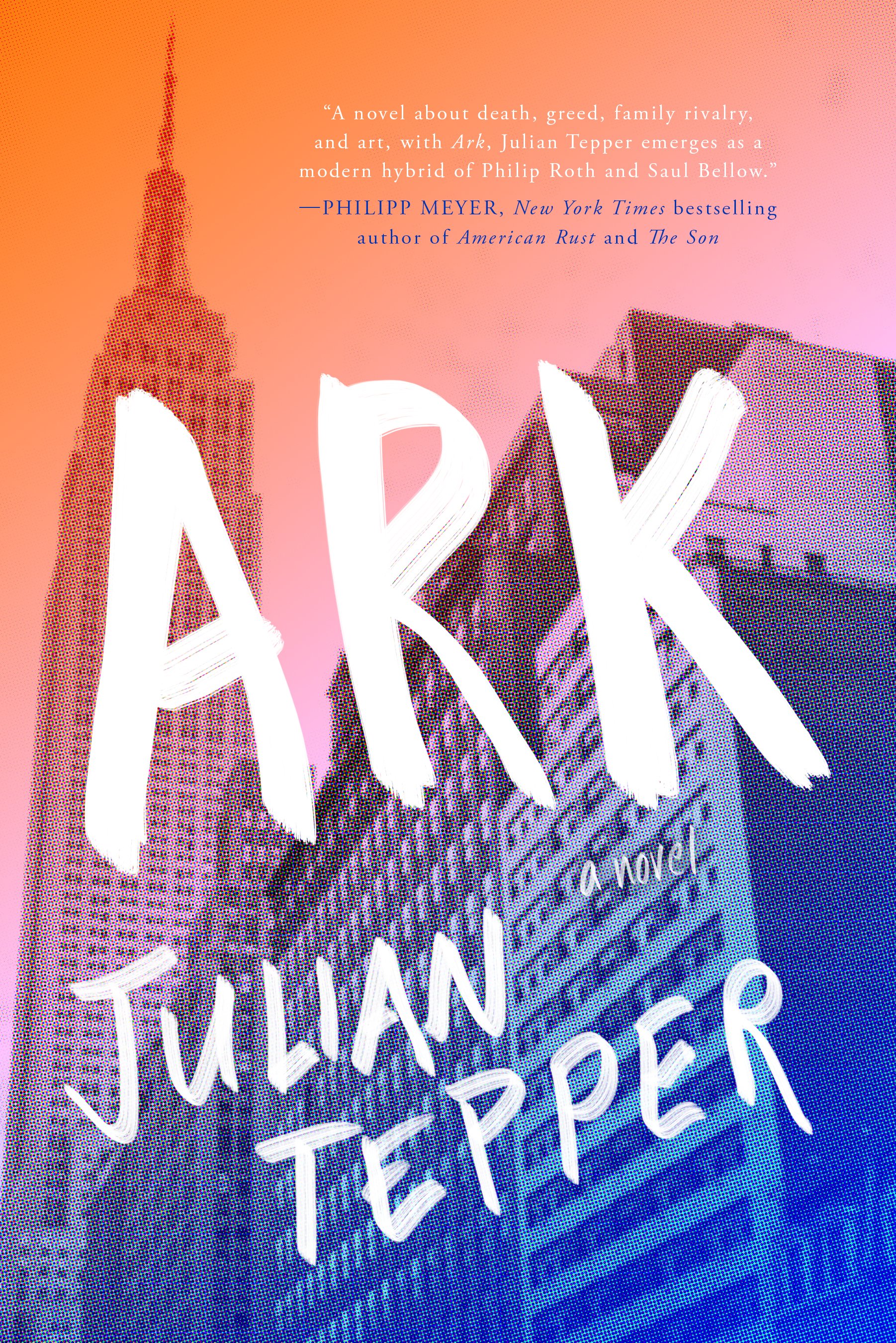House of Days Poems by Jay Parini eBook
In House of Days, his fourth collection of poems, Jay Parini moves beyond his earlier work to address the environmental and spiritual crises that afflict us in the late twentieth century. The book moves from "Nature Revisited," an elegiac sequence of poems about the ontological status of nature itself, to the title sequence, "House of Days," which might be thought of as the poet's field notes as he moves through a season, month by month. "The Ruined House," Part III, is an autobiographical sequence that revisits scenes from Anthracite Country (1982), Parini's acclaimed second volume of verse. From there, Parini moves through a series of spiritual explorations in "Another Kingdom." And in a highly inventive final sequence, "Reading Emerson in My Forty-Seventh Summer," Parini meditates on many of the great themes of Emerson--the quintessential American visionary--often blending his own language with quotations from Emerson. In all, House of Days represents a major development in the richly varied career of this hugely accomplished poet, novelist, and biographer.
This digital download includes .epub and .prc files
In House of Days, his fourth collection of poems, Jay Parini moves beyond his earlier work to address the environmental and spiritual crises that afflict us in the late twentieth century. The book moves from "Nature Revisited," an elegiac sequence of poems about the ontological status of nature itself, to the title sequence, "House of Days," which might be thought of as the poet's field notes as he moves through a season, month by month. "The Ruined House," Part III, is an autobiographical sequence that revisits scenes from Anthracite Country (1982), Parini's acclaimed second volume of verse. From there, Parini moves through a series of spiritual explorations in "Another Kingdom." And in a highly inventive final sequence, "Reading Emerson in My Forty-Seventh Summer," Parini meditates on many of the great themes of Emerson--the quintessential American visionary--often blending his own language with quotations from Emerson. In all, House of Days represents a major development in the richly varied career of this hugely accomplished poet, novelist, and biographer.
This digital download includes .epub and .prc files
In House of Days, his fourth collection of poems, Jay Parini moves beyond his earlier work to address the environmental and spiritual crises that afflict us in the late twentieth century. The book moves from "Nature Revisited," an elegiac sequence of poems about the ontological status of nature itself, to the title sequence, "House of Days," which might be thought of as the poet's field notes as he moves through a season, month by month. "The Ruined House," Part III, is an autobiographical sequence that revisits scenes from Anthracite Country (1982), Parini's acclaimed second volume of verse. From there, Parini moves through a series of spiritual explorations in "Another Kingdom." And in a highly inventive final sequence, "Reading Emerson in My Forty-Seventh Summer," Parini meditates on many of the great themes of Emerson--the quintessential American visionary--often blending his own language with quotations from Emerson. In all, House of Days represents a major development in the richly varied career of this hugely accomplished poet, novelist, and biographer.
This digital download includes .epub and .prc files
praise
Amazon.com Review
In this beautifully crafted volume, Parini takes on the natural world in all its splendor, allowing aptly chosen images to express a full emotional palette. From the first poem, a tightly woven sonnet lamenting the disappearance of falling stars, "their dwindling into dark with less and less / of anything a witness might recall," it is clear we are in the hands of a master. The natural world is seen as a place of redemption, where
a feast is made of what has fallen
and the wind, as patient as ever,
circles and assumes this shape or that one,
always moving on: from leaf to lizard,
seed to finch to splatter in mud,
where breath begins, where eyes fall open,
where the world invents itself again.
Parini is nothing less than a poet-alchemist, transforming the ordinary facts of weather and season into gold. If Ralph Waldo Emerson could read these poems, he'd nod and smile in the knowledge his transcendentalist vision endures. --Martha Silano
From Booklist
Parini is a commanding presence on the page whether he is occupying that daunting yet magical realm as a novelist, a biographer, or a poet. Here he expresses his deep affinity for the land and legacy of New England in immaculately constructed poems. Parini works adeptly with traditional forms, presenting classical meditations on nature, a woodsy, all-seasons nature blissfully free of the detritus of civilization. The book's title is taken from a set of 12 poems, one for each month, in which the narrator marks the connections between the cycles outdoors and inside his quiet home, and then Parini, gathering strength like a storm, pushes past gentle echoes of Thoreau and Frost and tunes into the present with its blur, reek, and buzz of automobiles, pollution, and our obsession with what he terms "Better Things." "It is hard to find the wilder world, / what nature was," he writes in "Nature Revisited," then, finding solace and wisdom in "Reading Emerson in My Forty-Seventh Summer," concludes that, longings aside, there is "no world but this." Donna Seaman
about the author
Jay Parini is Axinn Professor of English at Middlebury College, Vermont. His six novels also include Benjamins Crossing and The Apprentice Lover. His volumes of poetry include The Art of Subtraction: New and Selected Poems. In addition to biographies of John Steinbeck, Robert Frost and William Faulkner, he has written a volume of essays on literature and politics, as well as The Art of Teaching. He edited the Oxford Encyclopedia of American Literature and writes regularly for the Guardian and other publications.









